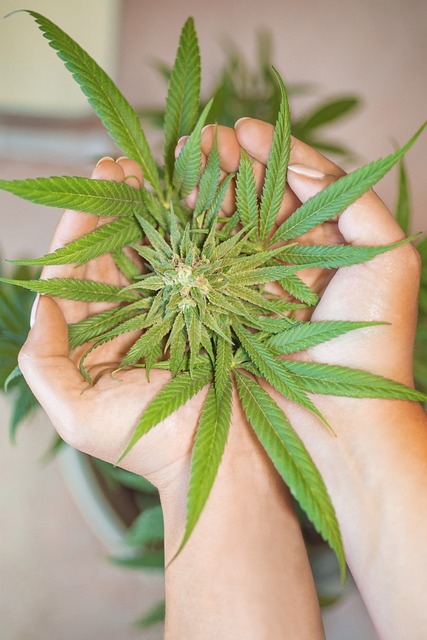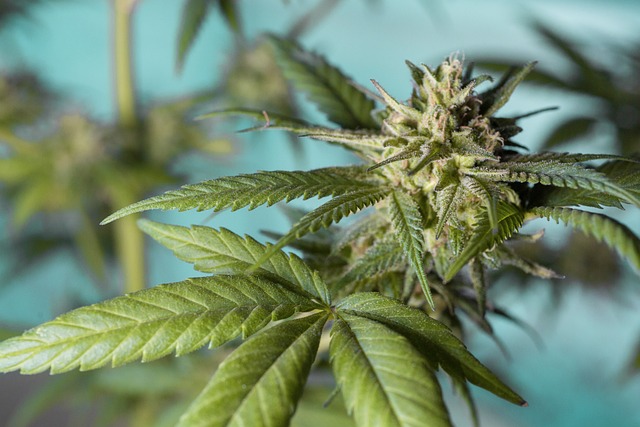Why Recreational Marijuana Should Be Legalized: Key Arguments for Change.

The debate over the legalization of recreational marijuana has been ongoing for years, and with increasing support across the globe, it’s becoming more evident that the tide may be turning in favor of legalizing marijuana for recreational use. From health benefits to economic gains, here are the main reasons why recreational marijuana should be legalized.
1. Economic Benefits of Legalizing Recreational Marijuana
Boosting Tax Revenue
Legalizing marijuana for recreational use creates an entirely new industry that can generate significant tax revenue for local and national governments. States like Colorado and California have already seen a substantial increase in their budgets due to marijuana taxes. These funds can be reinvested into public services, education, healthcare, and infrastructure, improving the overall economy.
Job Creation and Industry Growth
The marijuana industry is booming, and legalization has led to job creation in cultivation, production, retail, and distribution. This includes opportunities for entrepreneurs, farmers, delivery services, and budtenders, making it a crucial economic driver. With proper regulation and oversight, this can lead to the creation of thousands of new jobs.
Reduction in Law Enforcement Costs
By legalizing recreational marijuana, governments can allocate fewer resources to enforcement and criminal prosecution related to cannabis use. This allows law enforcement to focus on more serious crimes, thereby reducing criminal justice system costs and redirecting resources to more pressing public safety matters.

2. Social Justice and Criminal Justice Reform
Reducing Incarceration Rates
One of the most compelling reasons for the legalization of recreational marijuana is the potential to reduce incarceration rates. Many individuals, especially from marginalized communities, have been imprisoned for non-violent marijuana-related offenses. Legalization would reduce these convictions, which disproportionately affect minority populations.
Addressing Racial Disparities
Studies have shown that people of color are more likely to be arrested and sentenced for marijuana-related offenses compared to their white counterparts, even though usage rates are similar across racial groups. Legalization could help to address these inequities by reducing arrests and providing more equitable treatment for all individuals.
Expunging Past Convictions
With marijuana legalized, states can consider expunging past convictions related to marijuana possession, allowing individuals who have been negatively impacted by these convictions to have a fresh start. This would open doors for employment, housing, and other opportunities that may have been previously closed due to a criminal record.

3. Health Benefits and Regulation
Medical Marijuana Access and Research
While marijuana is already used for medicinal purposes, full legalization for recreational use could expand access to medical marijuana for those who need it. Additionally, legalized marijuana opens the door for more scientific research into the health benefits and risks of cannabis, helping to better understand its potential medical applications.
Safer Alternatives to Alcohol and Prescription Drugs
Marijuana has been found to be a safer alternative to alcohol and prescription drugs, both of which have a much higher potential for abuse and harm. Legal recreational marijuana would allow adults to make informed choices about their health, with a less harmful substance compared to alcohol or opioids.
Reduced Opioid Use and Overdose Deaths
There is growing evidence that legal marijuana can help reduce opioid use, particularly among those suffering from chronic pain. States that have legalized marijuana have reported fewer opioid-related deaths and a decrease in prescription opioid usage. Legalization could contribute to addressing the opioid crisis by providing a safer alternative for pain management.

4. Personal Freedom and Autonomy
The Right to Choose
Adults should have the right to make decisions about their own bodies and lifestyle choices. If individuals can legally purchase alcohol and cigarettes, it stands to reason that they should also be allowed to use marijuana recreationally. Legalizing marijuana reinforces the principle of personal freedom and autonomy.
Responsible Use and Education
With legalization comes regulation, which means that marijuana use can be monitored and controlled. People will be educated about responsible use, dosage, and potential risks. Just as alcohol and tobacco are regulated, marijuana can be too, ensuring that users understand the substance and its effects.

5. Public Safety and Regulation
Safer, Regulated Products
Legal marijuana would be subject to government regulations that ensure quality control and safety standards. Consumers would know what they are buying and would have access to information about THC content and potential side effects. This prevents the circulation of harmful, unregulated products found on the black market.
Reducing the Black Market
Legalizing recreational marijuana eliminates the black market for cannabis, reducing the power and influence of criminal organizations. By providing a legal, regulated means of purchase, governments can ensure that marijuana sales are conducted in a controlled and safe manner.
Public Health and Safety Measures
Legalization allows for better public health campaigns that promote safe consumption. Just like with alcohol, there can be laws and regulations on impaired driving, setting limits for THC levels in drivers and ensuring that road safety is maintained.
6. Global Trends and Precedents
International Shift Toward Legalization
Many countries and states have already taken the step toward legalizing recreational marijuana, demonstrating that it can be done successfully. Countries like Canada, Uruguay, and several U.S. states have set a positive precedent, showing that legalization is both feasible and beneficial. More nations are starting to reconsider their stance on marijuana, and the momentum for global change is growing.
International Trade and Legal Marijuana Market
With more countries and states legalizing marijuana, an international legal marijuana market is emerging. This could have significant economic implications, with countries benefiting from trade, production, and export of marijuana. Legalization could lead to global trade opportunities in cannabis products, creating new avenues for economic cooperation and growth.
Conclusion: The Case for Legalizing Recreational Marijuana
The case for legalizing recreational marijuana is strong and multifaceted. From its economic benefits, including job creation and tax revenue, to its role in social justice reform and addressing health issues, the arguments for legalization are compelling. Legal marijuana provides a safer, more regulated alternative to alcohol and prescription drugs and supports individual freedoms. As more countries and states adopt progressive policies on marijuana, it becomes clearer that legalizing recreational marijuana is a step forward for society.
By embracing legalization, we can create a more just, prosperous, and healthy future.

